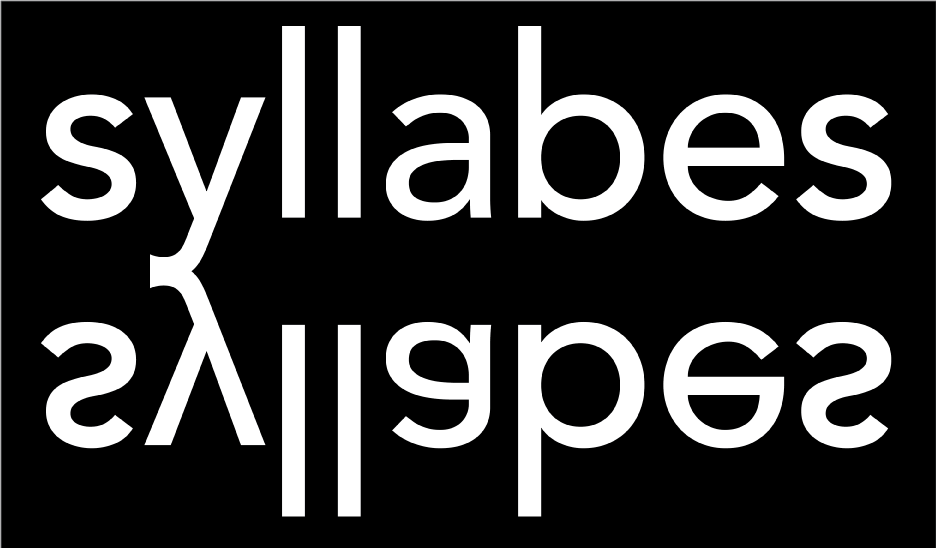
Une coopérative de traduction
Syllabes est un collectif de professionnelles aux regards croisés qui met son expertise et son expérience au service de ses clients.
Nous sommes une petite équipe soudée de traductrices qualifiées réunies au sein d’une société coopérative basée en France.
Nous vous proposons principalement des services de traduction en anglais, français et allemand, notamment dans les domaines de l’environnement et du développement durable.
Grâce à des procédures transparentes et à nos conseils en communication interculturelle, nous sommes votre partenaire linguistique, soucieux de travailler en circuit court et en contact étroit avec vous à chaque étape de vos projets pour mieux répondre à vos besoins.
Vous avez une question à nous poser ou besoin d’un conseil ? Nous sommes à votre écoute.VOS BESOINS
TRADUCTION PROFESSIONNELLE
Grâce à Syllabes, parlez la langue de votre public.
RELECTURE ET RÉDACTION
Syllabes vous accompagne dans votre rédaction multilingue.
LOCALISATION
Nous adaptons votre contenu numérique au public cible.
SOUS-TITRAGE ET TRADUCTION AUDIOVISUELLE
Grâce à Syllabes, vos vidéos touchent un public plus large.
PRESTATIONS SUR MESURE
Nous assurons une communication adaptée à vos besoins.
VOS AVIS
NOS LANGUES DE TRAVAIL
FRANÇAIS
ALLEMAND
ANGLAIS
ESPAGNOL
ITALIEN
Vous avez besoin d’un conseil ou une question à nous poser ?
